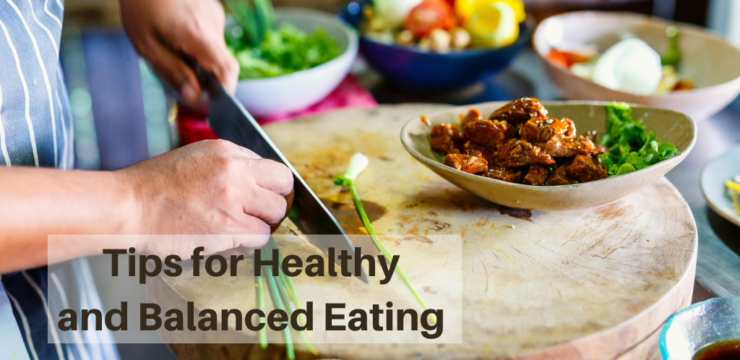Eating well is essential for maintaining good health, boosting energy levels,
and enhancing overall well-being. However, with so much conflicting information about diets and nutrition,
it can be overwhelming to know where to start. Here are some simple and effective strategies to help you eat well without stress.
1. Focus on Whole Foods
One of the simplest ways to eat well is to choose whole, unprocessed foods. Fresh fruits, vegetables, whole grains, lean proteins, and healthy fats provide essential nutrients that your body needs to function optimally. Aim to fill your plate with a variety of colors to ensure you’re getting a wide range of vitamins and minerals.
2. Plan Your Meals
Meal planning helps you make healthier choices and reduces the temptation to opt for fast food or unhealthy snacks. Prepare a grocery list before shopping and focus on purchasing nutrient-dense foods. Cooking at home also allows you to control ingredients and portion sizes.
3. Practice Mindful Eating
Eating mindfully means paying attention to what and how you eat. Slow down, savor each bite, and listen to your body’s hunger and fullness cues. Avoid distractions like television or smartphones during meals, as they can lead to overeating.
4. Stay Hydrated
Proper hydration is crucial for digestion, circulation, and overall health. Aim to drink plenty of water throughout the day. Herbal teas and infused water with fresh fruits can be a tasty alternative to sugary beverages.
5. Balance Your Plate
A well-balanced meal includes a mix of macronutrients: carbohydrates, proteins, and fats. Incorporate fiber-rich foods, lean protein sources, and healthy fats like nuts, seeds, and olive oil to keep your body fueled and satisfied.
6. Be Mindful of Portions
Overeating, even healthy foods, can lead to weight gain and digestive issues. Use smaller plates, pay attention to serving sizes, and stop eating when you feel comfortably full.
7. Limit Processed and Sugary Foods
While occasional treats are fine, excessive consumption of processed and sugary foods can lead to health issues such as obesity, diabetes, and heart disease. Read food labels to identify hidden sugars and unhealthy additives.
8. Make Gradual Changes
Healthy eating doesn’t have to be an all-or-nothing approach. Small, sustainable changes—like swapping white bread for whole grain or adding an extra serving of vegetables to your meals—can have a significant impact over time.
9. Listen to Your Body
Every individual is different, and what works for one person may not work for another. Pay attention to how different foods make you feel and adjust your diet accordingly.
10. Enjoy Your Food
Healthy eating should be enjoyable, not restrictive. Experiment with new recipes, flavors, and cooking methods to keep meals interesting and satisfying.
By following these simple strategies, you can develop healthier eating habits that are sustainable and beneficial for your long-term well-being. Eating well doesn’t have to be complicated—it’s about making small, conscious choices that nourish your body and mind.





